| Tuesday, February 16, 2021 | |
Session 1: EU Policies and Microelectronics |
|
| 11:00 | Opening remarks by Laith Altimime, President, SEMI Europe |
| 11:05 | Overview of EU policies supporting the growth of microelectronics in Europe |
Marco Ceccarelli, Programme Officer, European Commission Overview of EU policies supporting the growth of microelectronics in Europe
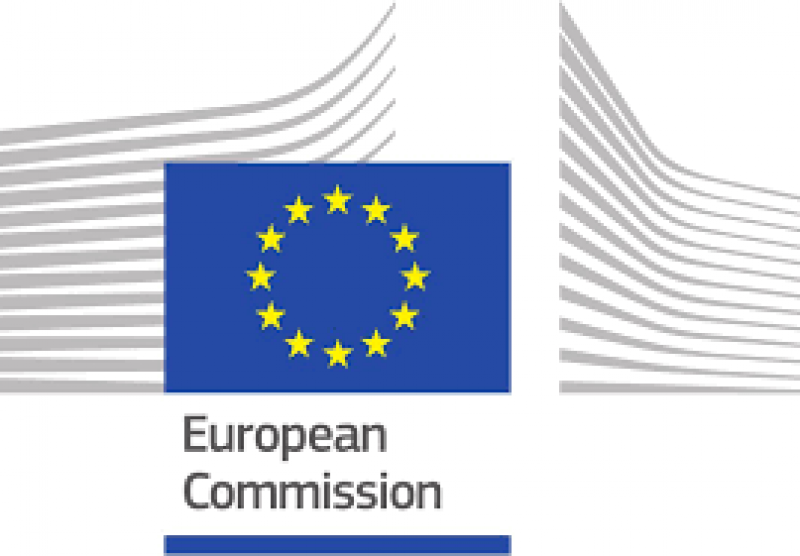 Abstract Biography |
|
Session 2: Smart Manufacturing 4.0: Metrology Advances for Digitized ECS (Semiconductor and Automotive) Industry 4.0 – the ‘MADEin4’ Initiative’ |
|
| 11:39 | Welcome remarks by Marek Kysela, Advocacy Coordinator, SEMI |
| 11:40 | MADEin4 Project Introduction: Metrology Advances for Digitized ECS (Semiconductor and Automotive) Industry 4.0 |
Ilan Englard, Applied Materials Israel (AMIL) MADEin4 Project Introduction: Metrology Advances for Digitized ECS (Semiconductor and Automotive) Industry 4.0
 Abstract Biography |
|
| 11:55 | Advance X-Ray Metrology Equipment As Part Of A European Semiconductor and Automotive Industry 4.0 Cycle Time and Yield Improvements Scheme |
Juliette Vandermeer, Head of Application Development X-ray, Bruker Advance X-Ray Metrology Equipment As Part Of A European Semiconductor and Automotive Industry 4.0 Cycle Time and Yield Improvements Scheme
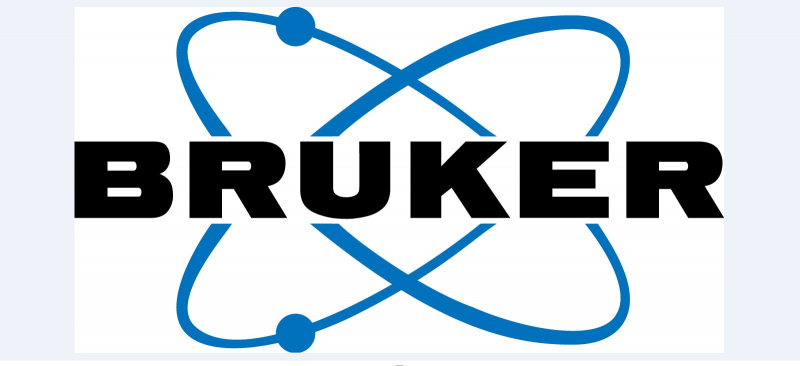 Abstract Biography |
|
| 12:05 | Advanced Photoluminescent Metrology Equipment As Part Of A European Semiconductor and Automotive Industry 4.0 Cycle Time and Yield Improvements Scheme |
Miklós Tallián, Semilab Advanced Photoluminescent Metrology Equipment As Part Of A European Semiconductor and Automotive Industry 4.0 Cycle Time and Yield Improvements Scheme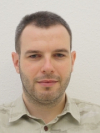
 Abstract Biography |
|
| 12:20 | Combining manufacturing data with Design for improved process performance Andres Torres, Mentor |
| 12:55 | New industry 4.0 metrology approaches driven by predictive in line control requirements: At the frontier between academic studies and industrial world |
Bernard PELISSIER, Head of the EquipEx IMPACT project and team, LTM-CNRS New industry 4.0 metrology approaches driven by predictive in line control requirements: At the frontier between academic studies and industrial world
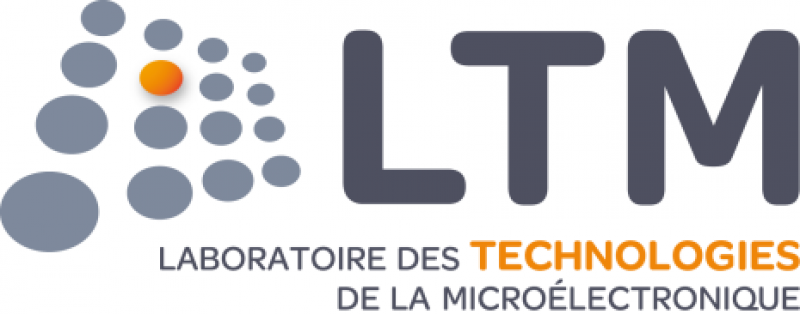 Abstract Biography |
|
| 13:15 | Social Robot Collaboration use cases |
Meirav Hadad-Segev, Founder and CEO, Brillianetor Social Robot Collaboration use cases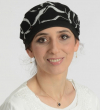
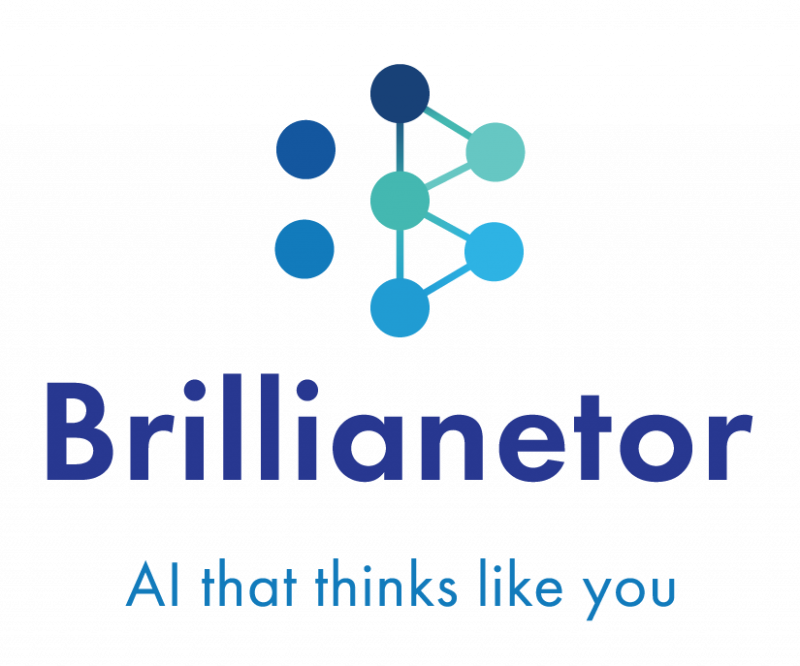 Abstract Biography |
|
| 13:35 | Meet the Experts |
Session 2: Smart Manufacturing 4.0: Metrology Advances for Digitized ECS (Semiconductor and Automotive) Industry 4.0 – the ‘MADEin4’ Initiative’ |
|
Session 3: METIS |
|
| 14:45 | Welcome remarks by session moderator Olivier Coulon, Decision |
| 14:50 | Pact for Skills – way to answer the skills challenge Anna Nikowska, European Commission, Directorate Employment, Social Affairs and Inclusion |
| 15:00 | The METIS Project: Bridge the skill gaps in Europe's microelectronics industry |
Léo Saint-Martin, Associate consultant, DECISION Etudes & Conseil The METIS Project: Bridge the skill gaps in Europe's microelectronics industry
 Abstract Biography |
|
| 15:20 | Mastering the digital transformation - the importance of reskilling and upskilling |
Florian Schueller, HR Director, Robert Bosch GmbH Mastering the digital transformation - the importance of reskilling and upskilling
 Abstract Biography |
|
| 15:40 | Meet the Experts |